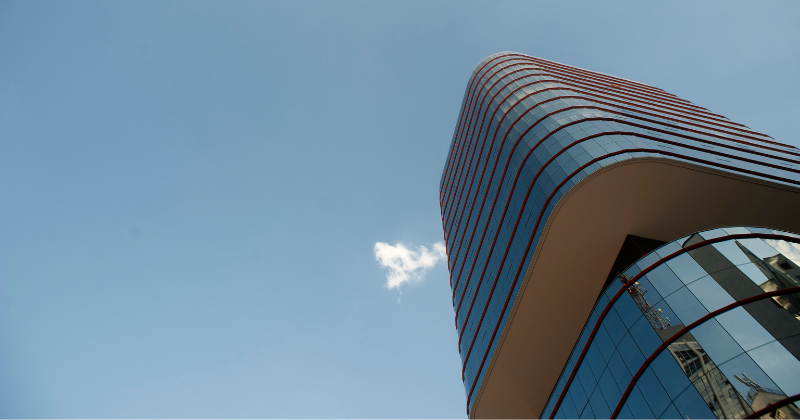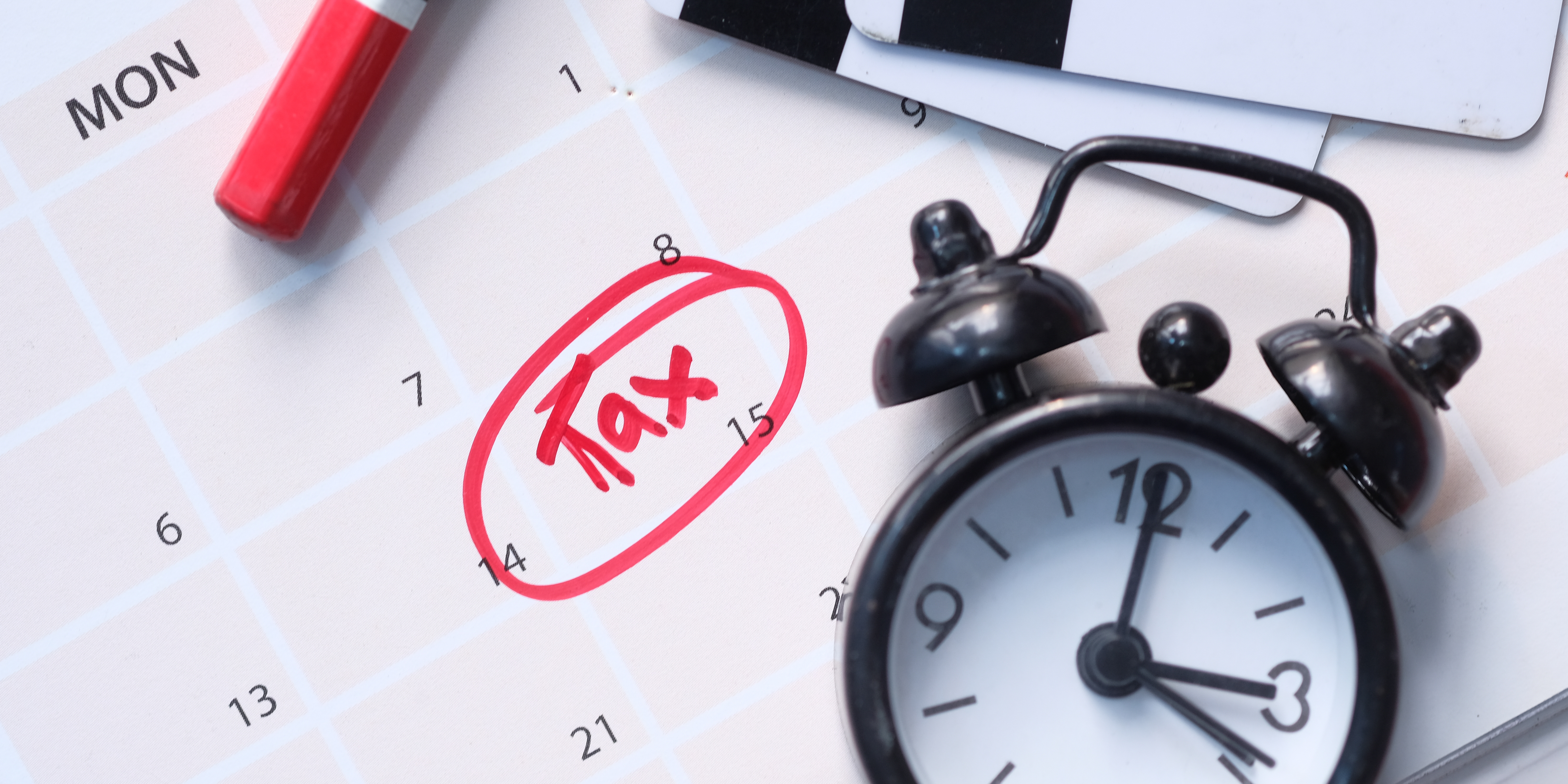The High Court in HC Tax Appeals No. E052 OF 2020 reported as Commissioner of Domestic Taxes v Sony Holdings Limited [2021] eKLR recently upheld the decision of the Tax Appeals Tribunal (the “Tribunal”) where the Tribunal had found that Sony Holdings Limited (“Sony Holdings”) was entitled to Commercial Building Allowance in the sum of KES. 6.4 Billion (“CBA”), contrary to Kenya Revenue Authority/the Commissioner of Domestic Taxes’ (the “Commissioner”) Objection Decision that purported to disallow Sony Holding’s CBA claim on the basis that CBA was only claimable on “buildings that were completed and put to use on or after 1st January, 2010”.
Having heard the parties the Tribunal in TAT No. 62 of 2017 concluded that the law on CBA was not couched in the terms advocated by the Commissioner thus finding that Sony Holdings was entitled to CBA. Dissatisfied with the Decision of the Tribunal, the Commissioner appealed to the High Court.
The Law on CBA
The dispute between Sony Holdings and the Commissioner both at the Tribunal and before the High Court revolved around the legal interpretation and application of the law on Commercial Building Allowance (“CBA”) provided for under Section 15 (1) of the Income Tax Act (the “ITA”) on allowable deductions as read together with the then Second Schedule of the ITA that has seen been repealed by Finance Act No. 2 of 2020.
The law allowing for CBA was first introduced in 2009 vide the Finance Act no. 8 of 2009 which amended the Second Schedule of ITA by introducing a new Paragraphs 1 (ee) and 5 (ff).
The Second Schedule of the ITA provides for as follows:
Deductions:
1(1) “Subject to this Schedule, where a person incurs capital expenditure on the construction of an industrial building to be used in a business carried on by him or his lessee, a deduction equal…
(ee) in a case referred to in paragraph 5(1)(f) or 5(1(ff) for any year of income commencing on or after 1st January, 2010, where roads, power, water sewer and other social infrastructure have been provided, twenty five per cent”
5(ff) “a building in use as commercial building other than a building referred to in subparagraph (1)(f).”
The Submissions by the parties
On the one hand, the Commissioner’s position was that Sony Holdings was not entitled to claim CBA as an expense in computing taxable income in accordance with section 15 and the Second Schedule of the ITA on the basis that following the enactment of the Finance Act, 2009, which came into effect on 1st January, 2010, CBA was only claimable by a taxpayer who has constructed a building and incurred an expenditure provided that such a building has been constructed and put to use on or after 1st January,2010.
The Commissioner also contended that the Tribunal’s interpretation of the said provision would cause an absurdity that would mean that taxpayers who constructed commercial buildings prior to 1st January, 2010 would infinitely claim CBA.
Sony Holdings on the other hand, submitted that the amendment to the statute was not concerned with the date when an infrastructure was built but rather whether the allowance was being claimed for the year of income commencing 1st January, 2010 provided that the taxpayer has provided social infrastructure such as roads, power, water and other social infrastructure.
Sony Holdings also argued that the Commissioner had introduced words that were not otherwise prescribed for in the Law and in any event, if at all it was the intention of Parliament to have the date of completing a building and putting it into use as criteria for claiming CBA, then it would have stated such intention, expressly.
In addition thereto, Sony Holdings submitted that pursuant to Section 31 of the Tax Procedures Act, it was entitled to amend assessments for a period going back 5 years, hence in this case limited to assessments as far back as 2015. Accordingly, defeating the Commissioner’s argument on the perpetuity of CBA claims, as, once a taxpayer has recovered its capital expenses within 4 years, the same would be extinguished.
The Decision
Justice D. Majanja was of the view that the language of Paragraph 1(1) (ee) of the Second Schedule of the ITA was clear and did not require any technical interpretation. The Court agreed with Sony Holding’s submissions that the provisions elucidated the following conditions for a taxpayer to be entitled to claim for CBA:
- Firstly, a taxpayer must incur capital expenditure on construction of the industrial building;
- Secondly, the expenditure must be for the years commencing on or after 1st January, 2010; and
- Thirdly, the person incurring expenditure, must have provided roads, power, water, sewers and other social amenities.
Additionally, the Court declined to uphold the Commissioner’s argument that an absurdity would likely arise from the “retrospective” interpretation of the statute which would cause a torrent of taxpayers to claim CBA on buildings completed before the year 2010. In the Court’s view, the provision was clear that the expenditure in question must have been incurred on construction “for any year of income commencing on or after 1st January 2010”.
On this premise, the Court affirmed the decision of the Tribunal finding that Sony Holdings had incurred a capital expenditure; there was provision for roads, power, water, sewers and other social infrastructure; and that this expenditure was incurred as from 1st January, 2010. As such, it held that Sony Holdings was entitled to CBA.
The Commissioner has lodged a Notice of Appeal at the Court of Appeal with intention to appeal against the whole of the decision of Justice Majanja.
Sony Holdings Limited was represented both at the Tax Appeals Tribunal and at the High Court by our tax team led by George Oraro SC, Senior Partner, assisted by Renee Omondi, Tax Partner and Wanjala Opwora, Associate.
Please click here to download the alert.
This alert is for informational purposes only and should not be taken to be or construed as a legal opinion. If you have any queries or need clarifications, please do not hesitate to contact Renee Omondi ([email protected]) and Wanjala Opwora ([email protected]) or your usual contact at our firm, for legal advice.





